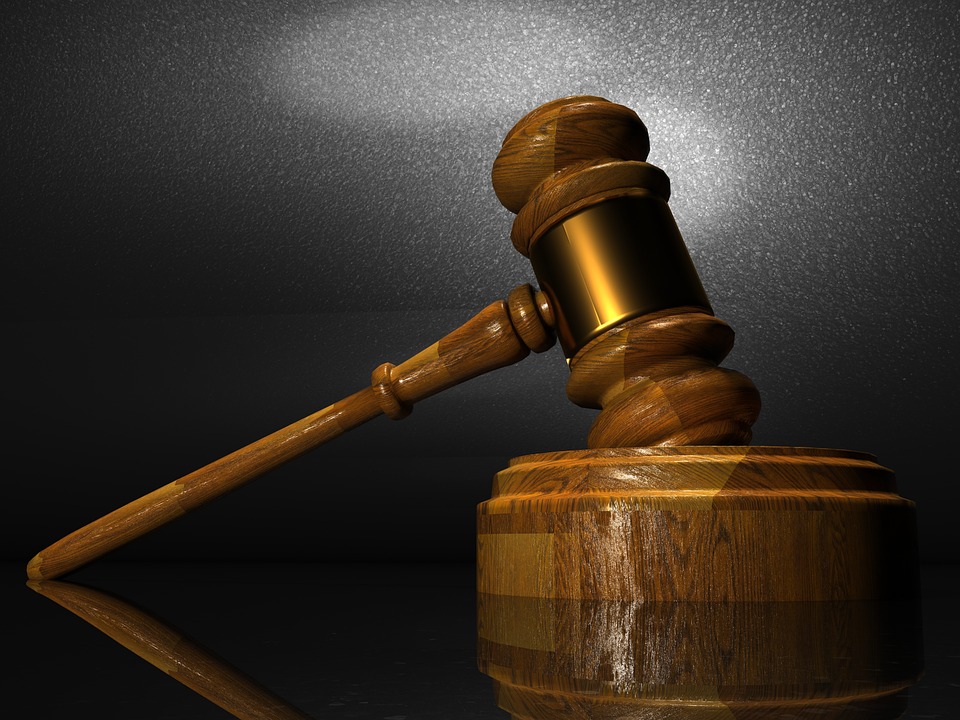There is no question that the COVID-19 pandemic has dramatically altered and shut down countless facets of our life. Everything from schools, businesses, and governmental services found themselves temporarily closed, while “essential” services were dramatically altered.
This applied to virtually every area of our life and community, including normal functions, like Traffic Court. Now that the pandemic has been with us for almost four months, institutions are adapting to this change. This begs the question: How are things like Traffic Courts being conducted during the pandemic?
Initial Response: Shut Down
The fragmented nature of the United States Judicial System makes it difficult to provide a uniform answer about how court systems handled the pandemic. However, it does seem as if every court system in the country was impacted by it in some way.
Different regions handled the pandemic in different ways, but when it first hit, most areas had the same reaction: Shut down the court system for all non-essential cases. This obviously resulted in a shut down of traffic courts.
This was what happened in Pennsylvania, where all court cases delayed and shut down at the start of the pandemic. Court cases were suspended entirely at all levels, including Magisterial District Court cases, which handled traffic cases.
In many cases, this created major problems that disproportionately affected poorer residents. Such was the case in states like Louisiana. Louisiana shut down their court system as a result of the pandemic, although they did turn an old bank into a drive-thru location for people to pay their old parking fees. However, at the same time, many states did not suspend enforcement actions on the lack of payment of tickets, often leading to arrests and additional fines. This often negatively impacted poorer residents, who didn’t have access to the information or legal services that would allow them to address their issues.
Some jurisdictions attempted to pro-actively manage the pandemic by reaching out to its residents and explaining what they could do to address their traffic ticket. For example, in an April 2020 press statement, Ben David, District Attorney of Pender County in North Carolina, said that court dates would automatically be continued at all levels – including traffic tickets.
Taking Advantage of Technology & Physical Changes
After the initial shock of the pandemic wore off and it became apparent that this would be with us for some time, Courts began to determine ways to safely reopen during the pandemic. In many cases, this wound up looking like the rest of the country: Taking advantage of technology whenever possible.
In early June, courts in New Orleans began to reopen. They did so using Zoom and other digital means. These technological options had been available in many other jurisdictions throughout the country but were now required for safe operation.
Virtual courts became common in Jackson County, Illinois as well. One Judge noted that thanks to zoom, the court system was running at full speed using technology to resolve hundreds of cases every week. Even better: This allowed the court system to be open to the public, as outside observers could watch court filings by simply clicking on a couple of buttons.
As one would expect, there were also a number of court systems that reopened with significant physical changes to their layout and operations. For example, some courtrooms in New York are looking at reopening, but with changes to their standard layouts that will allow for social distancing. Many traffic courts will be reopening in the near future, but with limited capacities and the alteration of their layout in order to allow for a safer environment.
In many cases, courts took advantage of pre-existing technology, using apps like Zoom. This allowed for individuals across the world to potentially watch a court system. In a strange sense, you could almost make the argument that the pandemic enhanced the openness of the court system and gave more people access to watch justice be dispensed in the United States.

